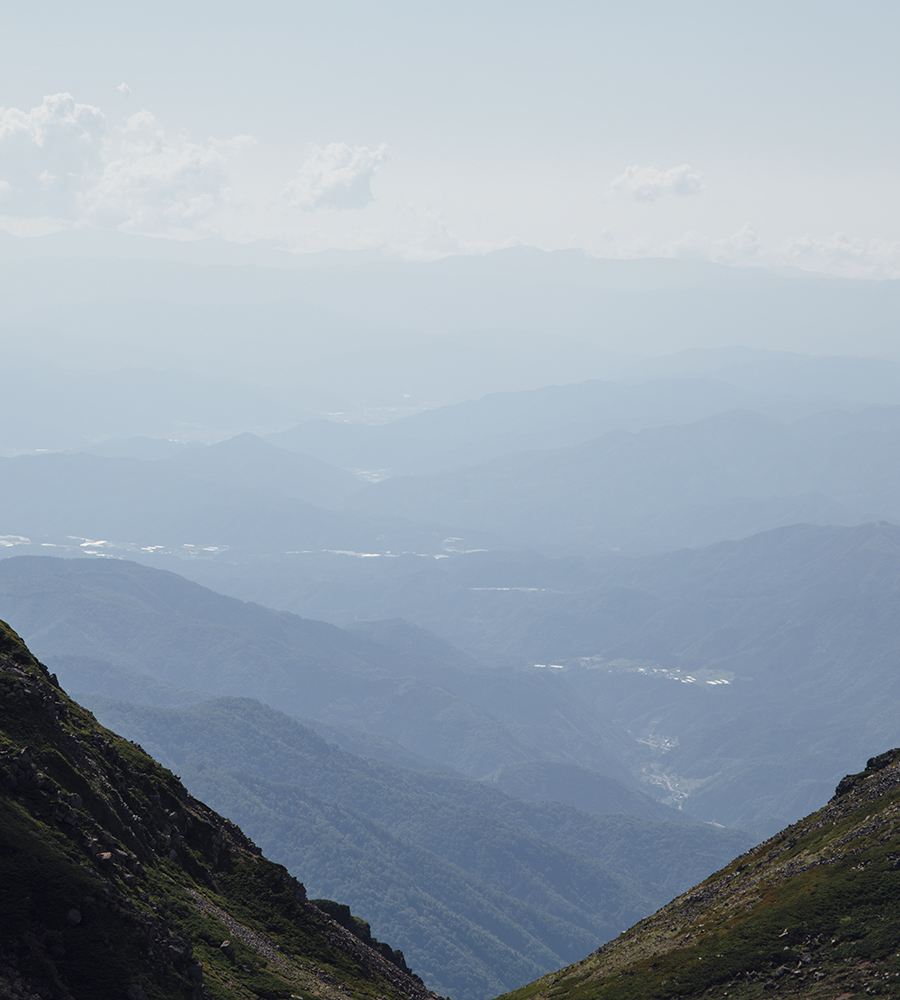Hiking The Japanese Alps
There are places on this planet so ancient and so deeply rooted in the belly of the old world, that just breathing the area’s air feels ritualistic. There is magic abound in the Japanese Alps. Fog brimmed lakes where the gods meet, towering pines that sit unwavering amidst the cold rains, the closest peaks of mountains get to the clouds. Pure, pure magic. The Japanese Alps are forever musing my mind. A certain misty-eyed look comes over me every time I slip into remembering our time here. The slow and steady train rides to and from its highest mountain tops, the unshakable rain and the parting clouds, the nearest I’ve felt to hallowed grounds.
After taking a two hour train from Tokyo to Matsumoto, we had our hearts set on getting into Japan’s natural wonders. Spending weeks in an urban oasis like Tokyo can do that to a person! For a steal we were able to book two trips into the Nagano Prefrecture’s Alps. Score!
And so our journey began in Kamikochi, a long plateau in the river valley surrounded by three mountains (one of them being an active volcano). And as two nature thirsty people would obviously do, Luke and I made an unrealistically full schedule of hiking the whole perimeter around the hazy Taisho pond. The consistent, soaking rain pattered on our umbrellas as we happily walked a total of six hours along the rivers and roads.
While soaking in the reflections of the withered trees and shadows of the lofty mountains, we purposefully trekked to the tranquil Myojin Pond for a quiet minute our two to take in its stillness. And that my friends, is where the magic really sunk in. Time stood still at the Myojin Pond and its nearby Hodaka shrine. Its long, thin dock perfectly centered the falling mountains that seemed to just unravel into the lake. Maybe it was the peace of being off of the main trails, away from the snap happy elderly couples we kept running into… but regardless, the stillness was palpable. The environment of the pond had an eerie and ancient tone that resoundingly begged for some kind of story of ritual to take part there.
We eventually pulled ourselves away and headed back to the main tourist center, where we were greeted by… wait for it… snow monkeys! You know, those adorable red-faced monkeys they show sauna-ing in the hot springs of Japan. Let me tell you, they are terrifying in person.
Kamikochi was a great introductory hike for our time in the Nagano Japanese Alps. The treks were very much manageable in sneakers and not as rigorous as an “alps hike” would seem. The biggest and happiest surprise of the trip was the complete solitude we could find after a short walk away from the main roads. An unexpected and happy treat, for sure!
In the days following, we embarked on another journey into the Alps. This one, although very different, felt quite the same. Solitary, peaceful, thrilling. Say hello to Mount Norikura.
Located an hour away from Kamikochi by bus, Norikura’s highlands roll every onward, like an ocean of mountain tops. Once we left the bus, the open air striking our lungs, the wind whipping my hair into a billion knots, we were free. Being on top of Mount Norikura has got to be the closest I’ve felt to being in the sky. The clouds hung just a few feet over our heads, concealing the tops of the surrounding mountains, shading and coloring the ever rolling mountains, speckling them with darkness and then revealing such light. An image I don’t think I’ll ever forget.
Hiking the Japanese Alps isn’t the easiest trip to book, but it is manageable if you’re willing to stay a few days away from Tokyo and Kyoto. For those interested, I cannot recommend staying in Matsumoto more. Luke and I have fond memories of making this little town our playground in between trips to the mountains. Matsumoto’s tourist office in the train station spelled out our options of getting to the Alps without a car. Like most Japanese businesses, it was efficient and at a good price. Can I mention how much I love Japan for stuff like this? You can also book mountain hotels and cabins with natural onsens located nearer to these sights… but they will cost you a pretty penny.
If you can, definitely try to come to the Alps during the early fall months. The autumnal colors are said to be unreal. Or if you’re a skiing buff, come in late fall and find yourself surrounded by other ski lovers looking for some crazy slopes. However, Norikura’s high elevation actually snows itself in, making Japanese tour companies close down access to the mountain in the winter and early spring months. No matter what season you plan on visiting, bring lots of layers. The highest peaks were quite windy and cold, but the lower highlands can house some serious heat pockets. We also did just fine with sneakers, but if you’re wanting to get super adventurous and go off the beaten path, some light hiking boots might be your best bet.
Norikura and Kamikochi are two places that have settled deep memories in my heart. If you go to Japan and you want to experience nature’s brilliance, if you’re seeking a break from Tokyo’s bustling city life, if you’re craving to feel close to the clouds… go here. I’ll say it again. Go here. Get out there. Take it in. Feel small. Feel larger than life. Feel ancient. Feel revived. Just go here.


















